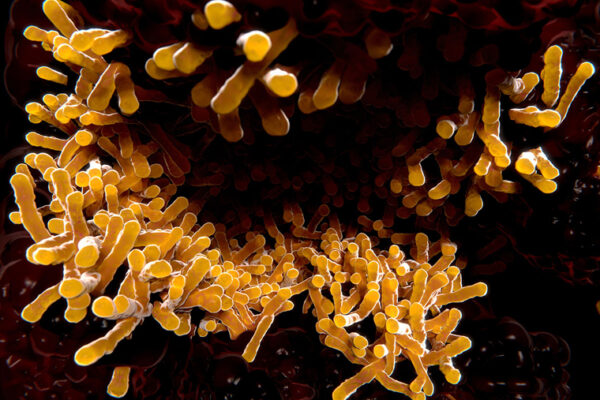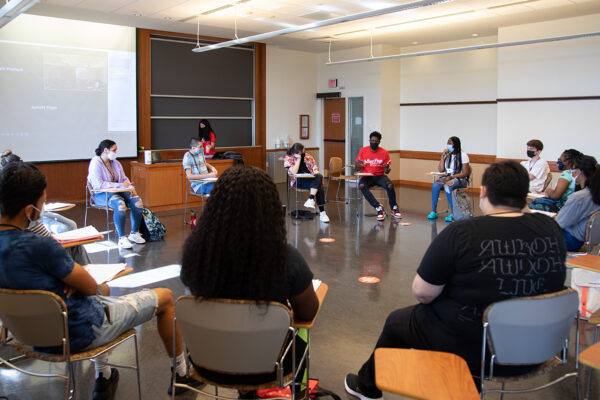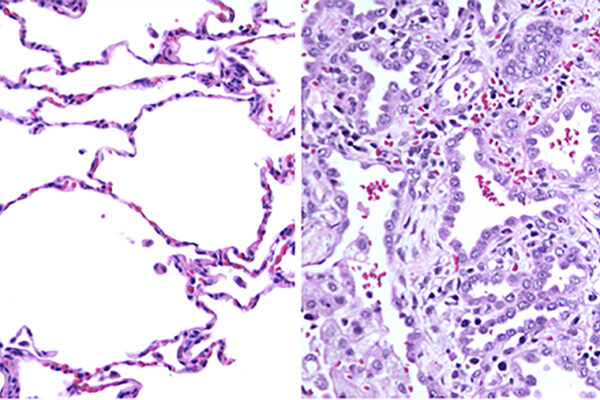Promoting resilience in health-care workers aim of new grant
The COVID-19 pandemic has raised stress levels among health-care workers, leading to burnout, depression and more. Researchers at Washington University School of Medicine have received a grant that aims to reduce workers’ burnout and promote their mental health and wellness.
COVID-19 infections increase risk of heart conditions up to a year later
An analysis of federal health data indicates that people who have had COVID-19 are at increased risk of developing cardiovascular complications within the first month to a year after infection, according to researchers at Washington University School of Medicine and the Veterans Affairs St. Louis Health Care System.
COVID-19 exposure-alert system that uses smartphones expands in Missouri
Washington University is expanding access to MO/Notify, a smartphone system that privately sends pop-up alerts to users in Missouri when they have spent time near someone who later tests positive for COVID-19.
Younger moms hesitant to vaccinate kids against COVID, study finds
Fathers older than age 34 were more open to having their child vaccinated against COVID-19, while younger Black and white mothers were the least open to it, finds a new survey of Medicaid recipients from the Brown School.
Possible new method identified to assess severity of TB infection
Researchers at Washington University School of Medicine have discovered a molecule in the lungs of tuberculosis (TB) patients that reflects the levels of TB-causing bacteria in the lungs. The findings may represent a step toward more tailored treatment regimens and better patient outcomes.
New guide helps instructors support student mental health
Greet students by name. Avoid grading on a curve. Try not to schedule exams right after a break. A new guide from the Center for Teaching and Learning at Washington University in St. Louis offers instructors concrete ways to support students’ well-being without adding to their workload.
Researchers solve medical mystery of deadly illness in young child
New research from Washington University School of Medicine has solved the medical mystery of why a 2-year-old child — seemingly healthy at birth — succumbed to an undiagnosed rare illness.
Home-monitoring program for COVID-19 is effective, bridges digital divide
A home-based health monitoring program developed by Washington University School of Medicine and BJC HealthCare has proven invaluable in helping to track the progress of patients who test positive for the virus but aren’t sick enough to be hospitalized.
Herzog to test how cortical neurons, hormones regulate daily patterns of behavior
A five-year nearly $2 million project led by biologist Erik Herzog in Arts & Sciences will use machine learning and other tools to improve understanding of how the brain is organized as a network of synchronized circadian cells.
Goldbach awarded $3.2 million grant for research on LGBTQ youth
Jeremy Goldbach, professor at the Brown School, has received a five-year $3.2 million grant from the National Institutes of Health (NIH) for a project aimed at making schools safer for LGBTQ+ youth.
Older Stories









